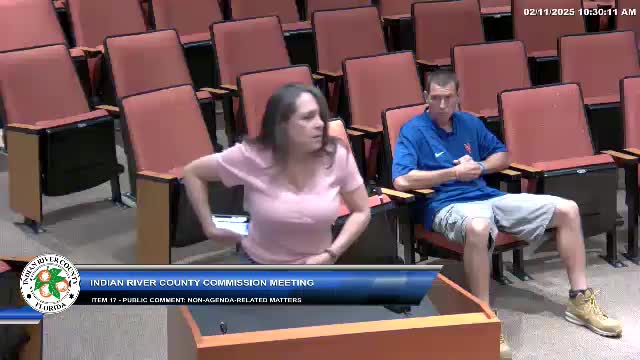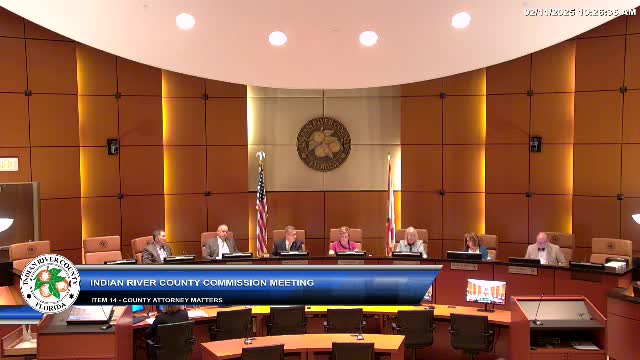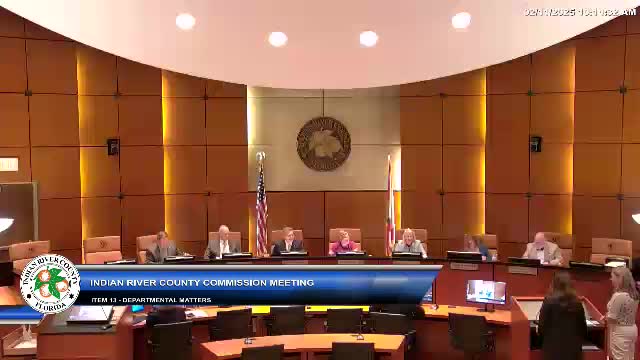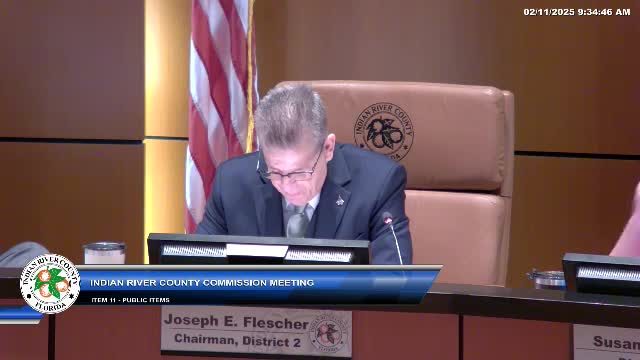Article not found
This article is no longer available. But don't worry—we've gathered other articles that discuss the same topic.

Residents urge county to stop fluoridating water during public comment

Commissioners OK seventh amendment to interlocal allowing Health Facilities Authority bond issuance for ACTS retirement campuses

County adopts five-year Children's Services strategic plan to strengthen accountability

